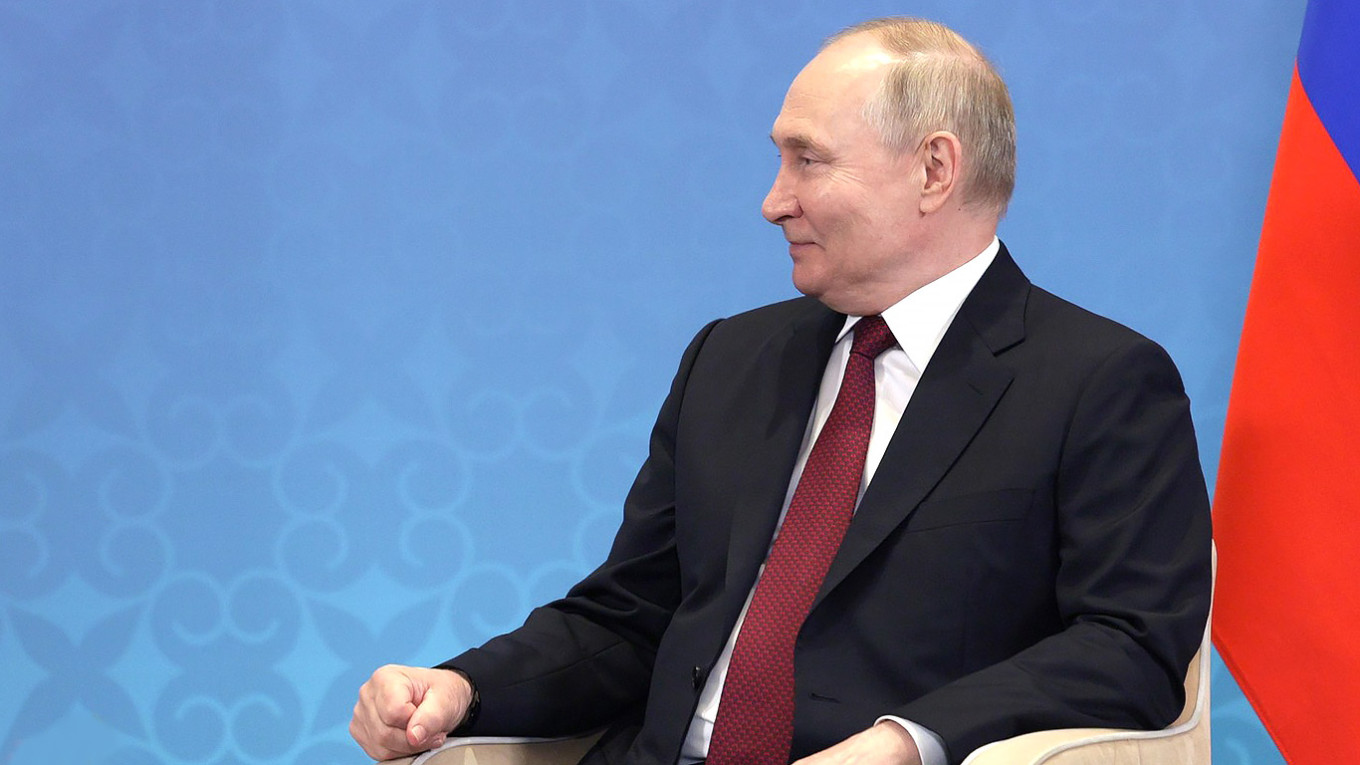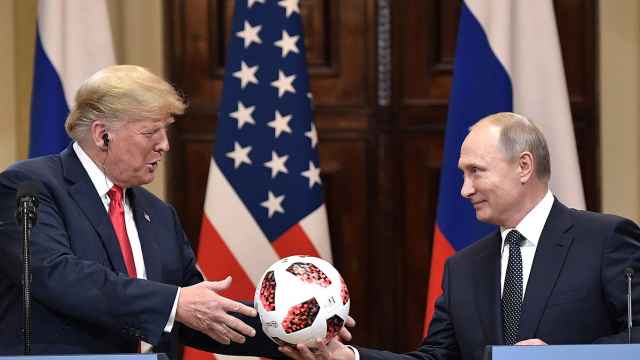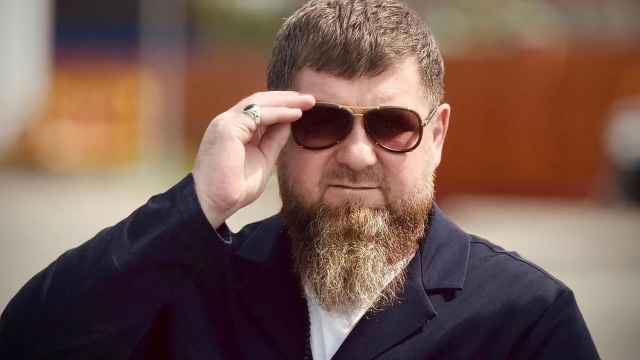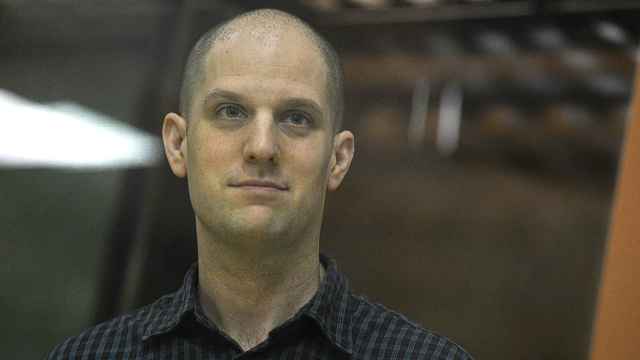The full-scale invasion of Ukraine by President Vladimir Putin, a nuclear-armed authoritarian leader, poses what appears to be a completely unsolvable challenge for Western diplomacy. While Russian gliding cruise bombs and ballistic missiles have been falling from the sky onto peaceful Ukrainians for two and a half years, Kyiv's Western allies have been unable to overcome their internal disagreements to decide whether to negotiate or fight Putin. The more visible this indecision is, the more brutally Russia will strike at Ukraine.
Economic sanctions were not enough to bring Putin to his knees and make him pliable. For the Kremlin, large-scale economic restraints were a touchy, but predictable step — and therefore not an existential threat.
Instead of gas and oil money from the West, a stream of money from China and India poured into Russia, allowing the Kremlin to buy the loyalty of Russia’s hesitant elites, give more money to the population, and finance large-scale munitions production. Putin, a Soviet KGB officer, paranoid of any dissent, felt his confidence and stability grow after he was elected to another presidential term this year. Conveniently, his main opponent, anti-corruption campaigner Alexei Navalny, mysteriously died in prison shortly before election day.
The special services — the FSB, heirs of the Soviet Chekists; the Investigative Committee, headed by Putin’s Leningrad State Institute contemporary Alexander Bastrykin; and the Rosgvardia National Guard, headed by Putin's former personal security guard Viktor Zolotov — have acted as a force deterring Russians from any dissent.
Another setback awaited the West in its attempt to isolate Putin by making him persona non grata on the world stage. Although the warrant for his arrest from the International Criminal Court (ICC) in The Hague remains in force, leaders of major powers have gradually resumed their visits to Moscow. China's Xi Jinping continues to speak of Beijing developing a "boundless partnership" with Moscow. This week, India's newly re-elected Prime Minister Narendra Modi visited Putin's residence outside Moscow, embracing him and calling him "dear friend" and "Your Excellency."
But even more egregious for the West was seeing Hungarian Prime Minister Viktor Orban being driven to negotiations in the Kremlin in Putin's luxury (U.S.-sanctioned) Aurus limousine, accompanied by a motorcade, from Moscow's government-run Vnukovo Airport, where Western airlines have not flown since the beginning of the war.
Orban, the leader of the Hungarian presidency of the European Commission, was traveling to discuss the terms of a possible ceasefire in Ukraine. European leaders are outraged. The Kremlin, on the other hand, watched the Twitter scandal with undisguised derision, my insiders say.
Western leaders have advocated since the start of the full-scale invasion that Ukraine should reclaim territory annexed by Russia and bring Putin a strategic defeat on the battlefield.
And from the very beginning of the invasion, they have promised Kyiv weapons to defend itself. But deliveries of these weapons have been plagued by delays, meaning that the Ukrainian counteroffensive of summer 2023 failed to make significant achievements. Similarly, Russia took advantage of delays in replenishing Ukraine’s exhausted air defense systems to bombard its cities and energy infrastructure with glide bombs and missiles, even launching a new advance into the Kharkiv region.
The EU promised Kyiv accession soon. But when it will happen is unclear. NATO membership, which Brussels and Washington have long discussed, is probably a mirage. The alliance cannot accept a new member fighting a war within its own borders, or has 20% of its territory under occupation.
Some voices in the West say that a cornered Putin would be dangerous — and if left with no way out, the Russian leader will use nuclear weapons. They say whatever you do, Putin will win one way or another.
Putin is actively playing with and capitalizing on these fears. But Washington, Brussels and other allies cannot allow Putin to seize Ukraine and do what he wants with it. After all, it would be a symbolic defeat for the West and give Moscow's autocrat even more power.
While the West is talking itself into inaction by being unable to decide whether to back Ukraine wholeheartedly or push for negotiations, the Kremlin continues to successfully play on their divisions. And for as long as it feels that the external pressure is easing, instead of seeking compromise, Moscow will order attacks as brutal as striking a children’s hospital with a cruise missile.
… we have a small favor to ask. As you may have heard, The Moscow Times, an independent news source for over 30 years, has been unjustly branded as a "foreign agent" by the Russian government. This blatant attempt to silence our voice is a direct assault on the integrity of journalism and the values we hold dear.
We, the journalists of The Moscow Times, refuse to be silenced. Our commitment to providing accurate and unbiased reporting on Russia remains unshaken. But we need your help to continue our critical mission.
Your support, no matter how small, makes a world of difference. If you can, please support us monthly starting from just $2. It's quick to set up, and you can be confident that you're making a significant impact every month by supporting open, independent journalism. Thank you.
Remind me later.








